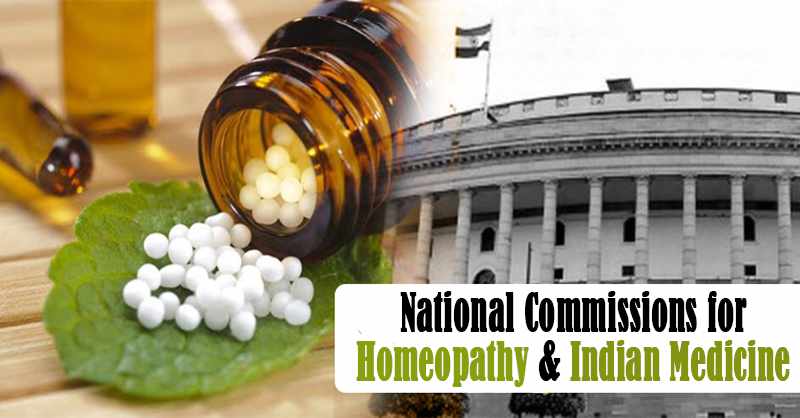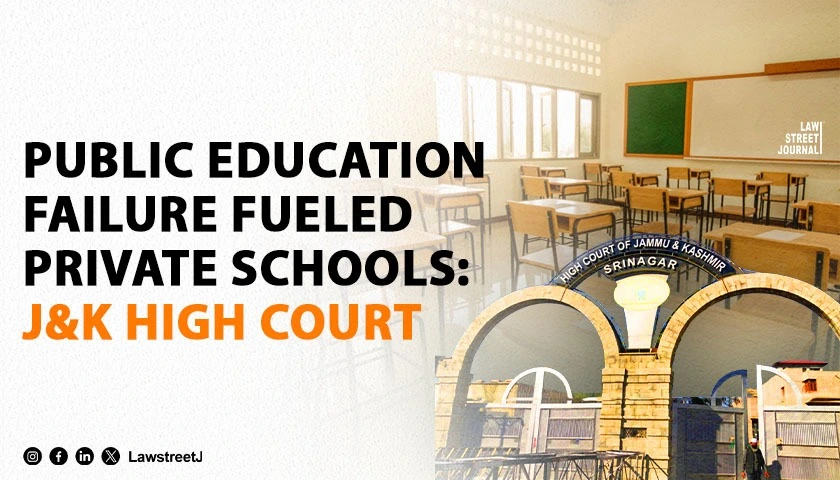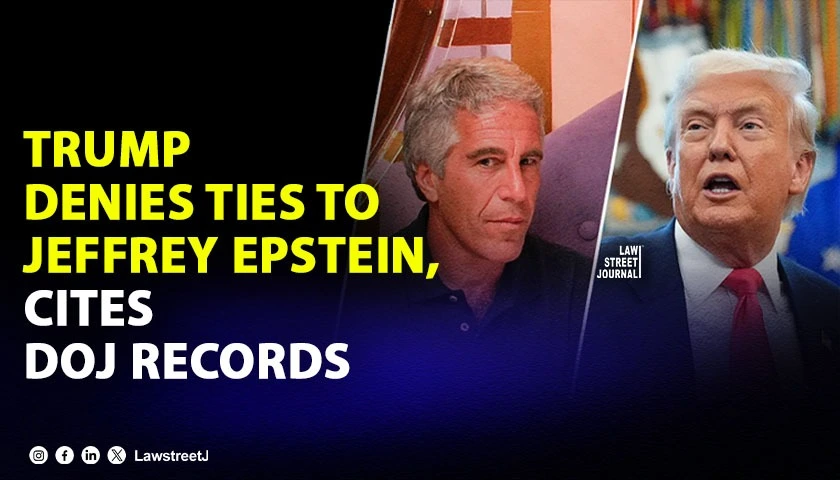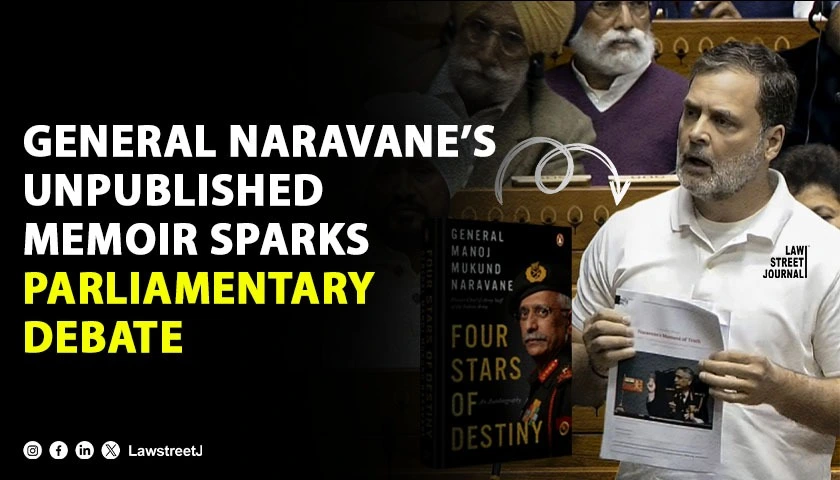Ram Nath Kovind, the president of India gave the presidential assent to National Commission for Homeopathy Bill and National Commission for Indian Systems of Medicine Bill. These two bills were passed by the parliament. Consequently, these Acts were notified in the Gazette. Both acts will come into force at a later date.
The Homoeopathy Central Council Act, 1973 will be repealed by The National Commission for Homeopathy Act. This act will set up a National Commission for homeopathy. The latter act, i.e. National Commission for Indian Systems of Medicine Bill will repeal and replace the Indian Medicine Central Council Act, 1970. Through its incorporation, it will set up a National Commission for the Indian System of Medicine.
These acts also made provisions for students aspiring to study the Indian System of Medicine Educational and Homeopathy. A National Eligibility-cum-Entrance Test and a Post-Graduate National Entrance Test was proposed by the Act for under-graduate and post-graduate courses. These entrances test would be applicable for aspirants Indian System of Medicine educational and Homeopathy n all the medical institutions that are regulated by this Act.
The National Commission for Indian Systems of Medicine will consist of 29 members, including i. the chairperson, ii the President of the Board of Ayurveda iii. The President of the Board of Unani, Siddha, and Sowa-Rigpa, iv. The President of the Medical Assessment and Rating Board for Indian System of Medicine, v. Advisor or Joint Secretary in-charge of Ayurveda, Ministry of AYUSH, and vi. Three members (part-time) to be elected by the registered medical practitioners of Ayurveda, and one member each by the respective registered medical practitioners of Siddha, Unani, and Sowa- Rigpa from amongst themselves from the prescribed regional constituencies






